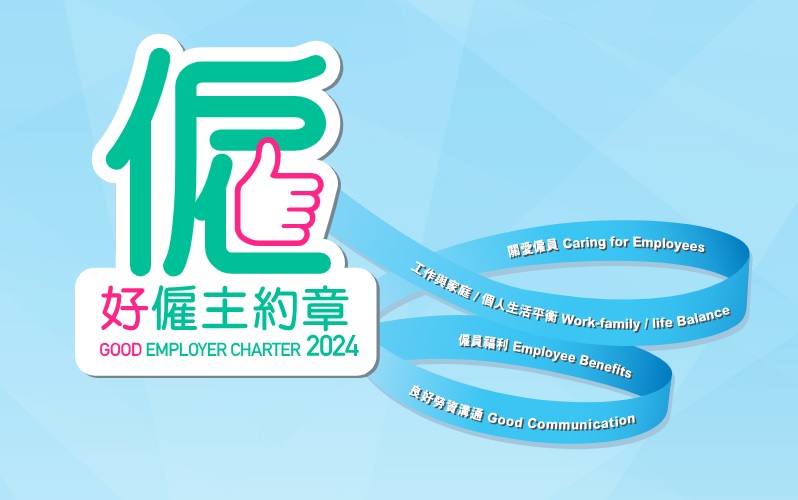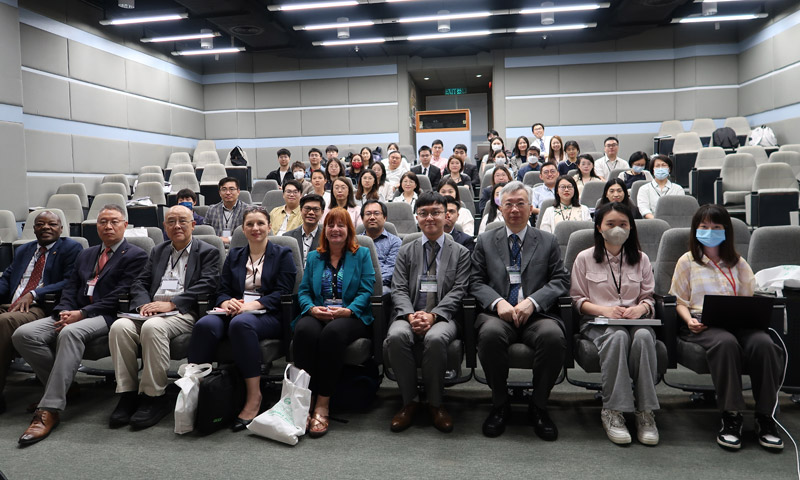Responsible Processes
Responsible and Sustainable Operations

CUHK adopts a sustainable procurement practice to ensure that the products and services we buy are as sustainable as possible to maximize net benefits for ourselves and the wider world. The Sustainable Procurement Policy was issued in mid-2021 to replace the Green Purchasing Policy, more broadly integrating economic and social with environmental elements. This policy was supported by a set of Sustainable Procurement Guidelines that lay out the specifications of 16 mandatory products and over 50 recommended products, incorporating sustainability considerations into operations. For example, ‘Sustainability-conscious food consumption’ in the guidelines provides that shark’s fin, bluefin tuna, black moss, humphead wrasse, Hong Kong grouper and sturgeon caviar and other unsustainably-produced seafood are not to be served in activities organized or paid for by CUHK, or as meals in clubhouses, canteens or restaurants operated by the University and its Colleges.
The University’s Outsourcing Policy requires that contractors to supporting the sustainable development of CUHK and comply with all applicable policies and practices. They should conduct their businesses in an ethical manner, and be accountable, transparent and reputable in their business practices. Contractors must observe the fundamental principles of human rights and equal opportunities, and refrain from any form of discrimination in hiring and employment practices.
The University Council’s Finance Committee has established a policy statement to guide the University’s investments to align with its commitment to fighting climate change. The Committee carefully monitors the investment processes to exclude bonds issued by corporations engaging in the fossil fuels industry, explore investments specializing in combating climate change such as those in sustainable natural resources and renewable energy, and divest specific investments that have caused environmental hazards.
Peace and Justice

As a socially responsible institution of higher education, CUHK is committed to the principle of honesty, integrity and fair play in all of its operations and compliance with relevant legislation in Hong Kong and internationally recognized standards, e.g. those set by the International Labour Organization (ILO). We require all our staff, as well as business partners, to strictly follow the same standards, regulations and laws concerning integrity and corruption prevention.
All CUHK staff members, as public servants, are required to follow the ‘Code of Conduct for Prevention of Bribery and Anti-corruption’ stated in the Staff Handbook. Additionally, all CUHK staff members should observe their position during procurement to avoid corruption, as stated in Independent Commission Against Corruption’s ‘Integrity and Corruption Prevention Guide on Managing Relationship with Public Servants’ provided on the Finance Office’s website. Furthermore, the Code of Practice for Council Members states that the Council members should comply with all local laws and regulations when conducting Council business.
Modern slavery, encompassing forced labor, human trafficking, and child labor, is not only a crime in Hong Kong but also a violation of fundamental human rights. At CUHK, as a signatory of the Good Employer Charter 2024 of the HKSAR Government, we adhere to employee-oriented, progressive human resource management practices and maintain a zero-tolerance commitment towards all forms of slavery. We actively engage with stakeholders to avoid slavery in our activities and supply chain. Our commitment to inclusivity is firmly established in the CUHK Ordinance, as demonstrated by Clause 3(3), which ensures that ‘No person shall be excluded from being a member of the University by reason of sex, race, or religion’.
Achieving Sustainable Economic Growth

A sustainable economy is an inclusive economy that offers equitable opportunities for decent work. CUHK will share its work to promote policy-oriented research aimed at helping achieve sustainable economic growth and developing sustainable tourism, which will create meaningful and gainful employment.
PREVIOUS
Diversity and Inclusion
NEXT
Cross Sectoral Collaborations

